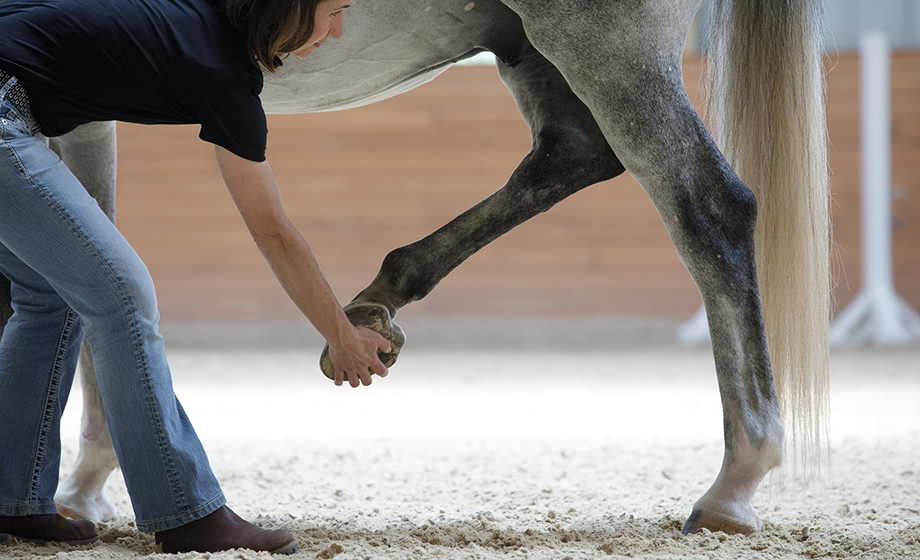
Equine Health Library
Pleasure Horse
Pleasure Horse Overview
Your pleasure horse does a little bit of everything and, as a result, has the potential to experience just about every disease and disorder. These weekend warriors may be housed at home or at a boarding facility, live in a stall or a field, never leave the property or travel to events. As a result, their healthcare needs are just as diverse. While you can’t surround your horse in bubble wrap to keep him safe, you can have frequent conversations with your veterinarian about the most prevalent disease risks in your area and on your farm. Knowing what to look out for goes a long way in keeping your horse healthy.
Make sure your veterinarian sees your pleasure horse at least once or twice per year. That way, he or she can note any changes before they become bigger problems. Preventive care is the best way to make sure your pleasure horse keeps going strong.
Key healthcare action items for pleasure horses
- Preventive Care – including routine vaccinations and dental care
- Hoof maintenance
- Skin or haircoat problems
- Lameness/arthritis
- Cataracts and other eye problems
- Heart murmurs or arrhythmias
Wellness & Prevention
Immunology
Pleasure horses are at-risk for diseases with environmental exposure risks such as Eastern Equine Encephalomyelitis (EEE), Western Equine Encephalomyelitis (WEE), West Nile virus (WNV), Potomac horse fever (PHF), and rabies. They are also at risk of a variety of respiratory diseases, like equine influenza, equine herpesvirus type 1 or type 4, and strangles, if they are mingling with other horses.
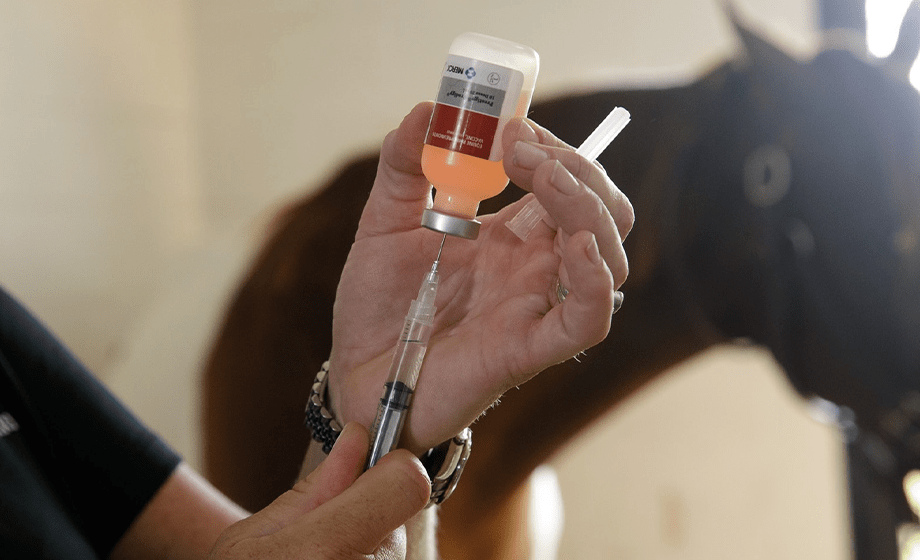
Parasitology
Gone are the days when you just grabbed a tube of whichever dewormer was on sale. We know now that the most effective deworming protocol involves treating the right horse at the right time for the right parasites. Strategic deworming is our strongest tool to slow the progression of parasite resistance to our deworming medications.
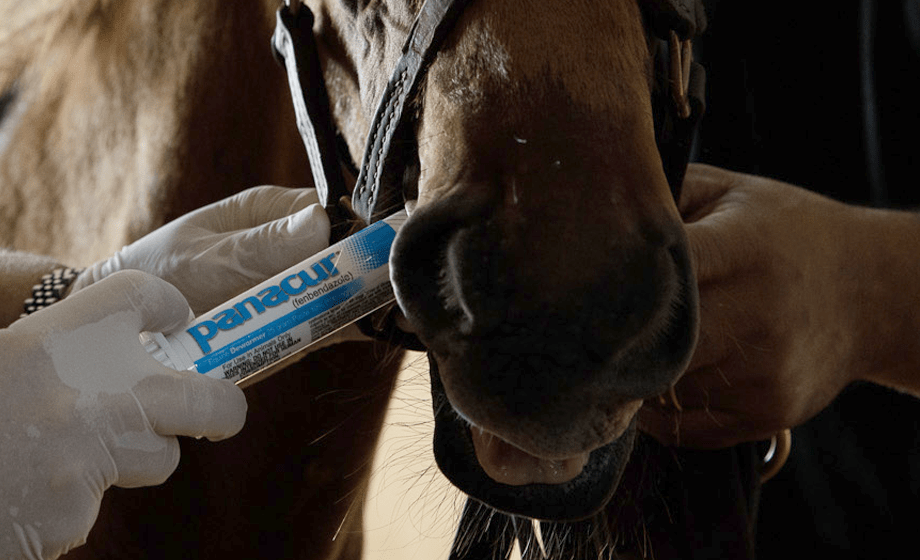
Dental Care
Horses are prey animals and therefore are designed to hide weaknesses. They will often continue eating through some amazingly severe abnormalities in their mouth. Since the majority of a horse’s teeth aren’t fully visible without sedation and an oral speculum, you should have your horse’s teeth evaluated by a professional at least once per year.
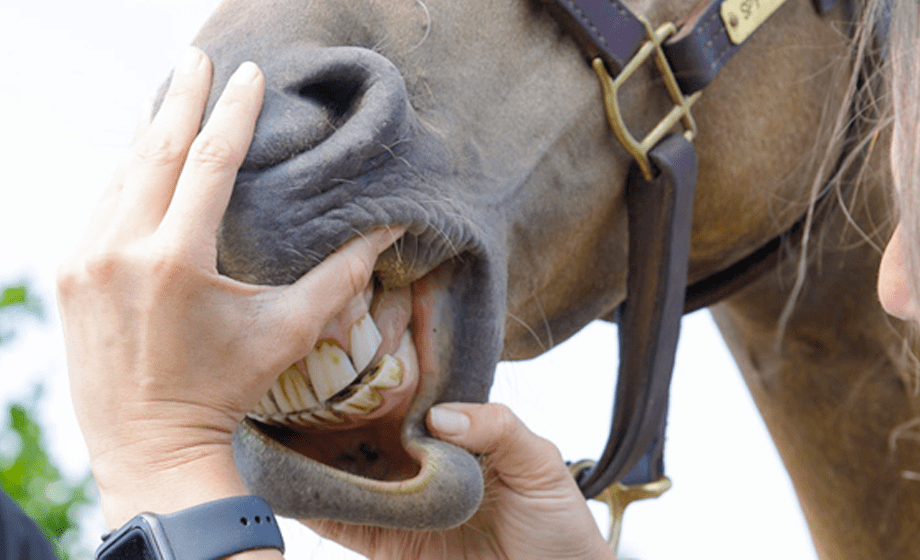
Hoof Care
“No foot, no horse.” You’ve heard the saying. If your pleasure horse doesn’t have healthy feet, he’s not much of a pleasure to ride. Routine farriery is the foundation of preventing a myriad of hoof problems and resulting lameness.
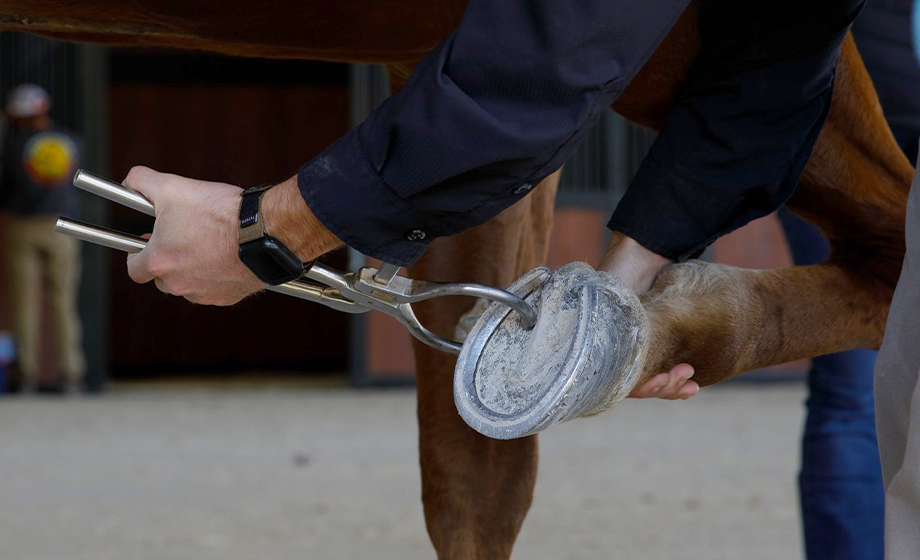
Health Conditions & Concerns
Neurologic
Problems of the central nervous system can be some of the most challenging to diagnose and treat.
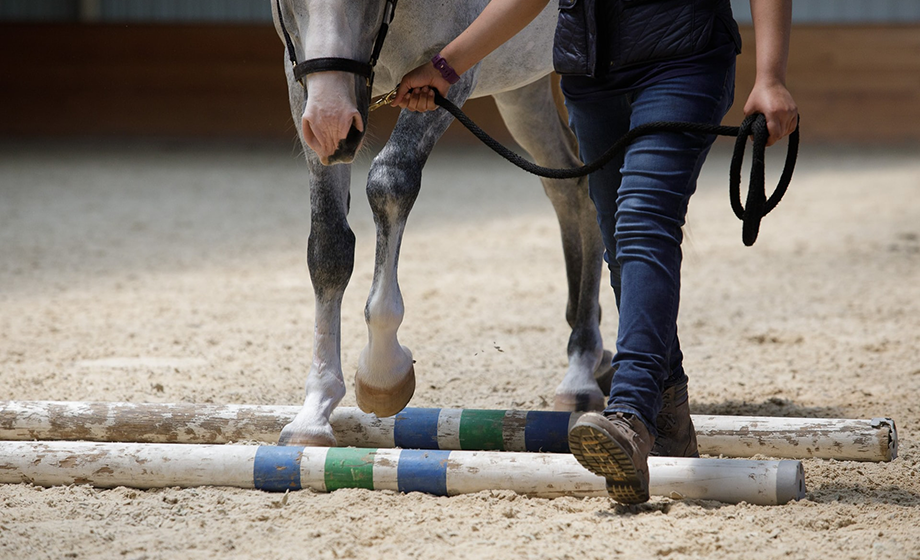
Gastrointestinal
Colic is a catch-all term for anything that causes abdominal pain. The most common culprit for signs of colic in a horse is their gastrointestinal tract.
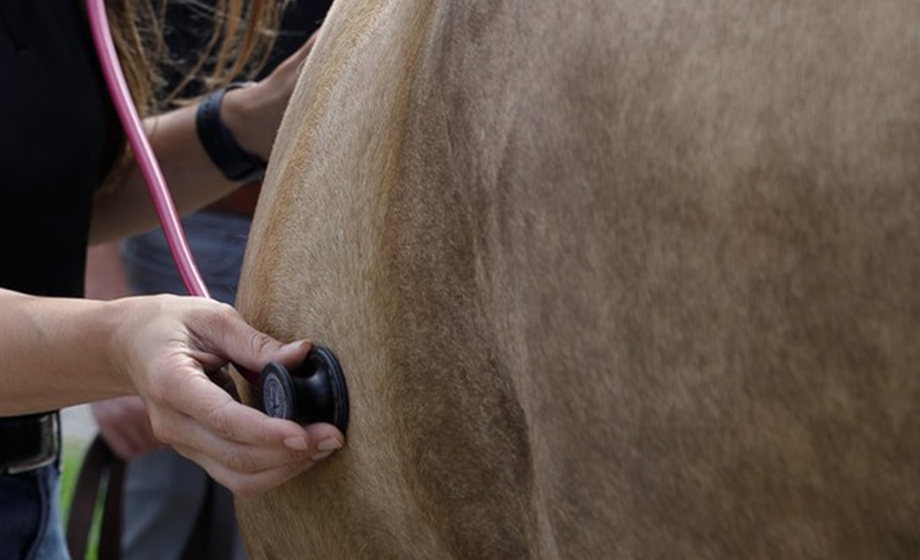
Respiratory
A variety of upper respiratory diseases can affect a horse, including equine influenza, equine herpesvirus (EHV), and strangles. These are three common infectious respiratory diseases that all horse owners should get to know, including how they are spread.
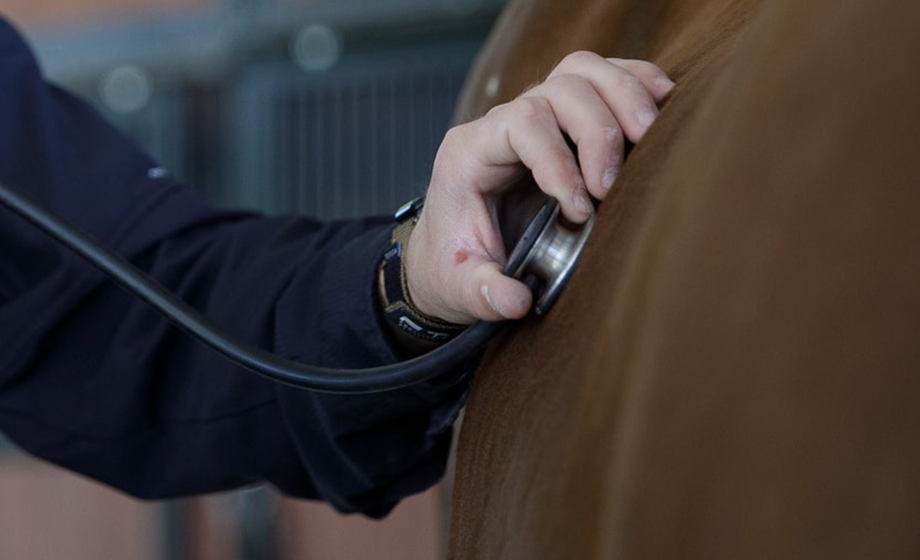
Musculoskeletal
Whether it’s a trail ride or playing in the pasture, a pleasure horse’s musculoskeletal system can go through a lot. Catching problems early can improve your horse’s performance and wellbeing.
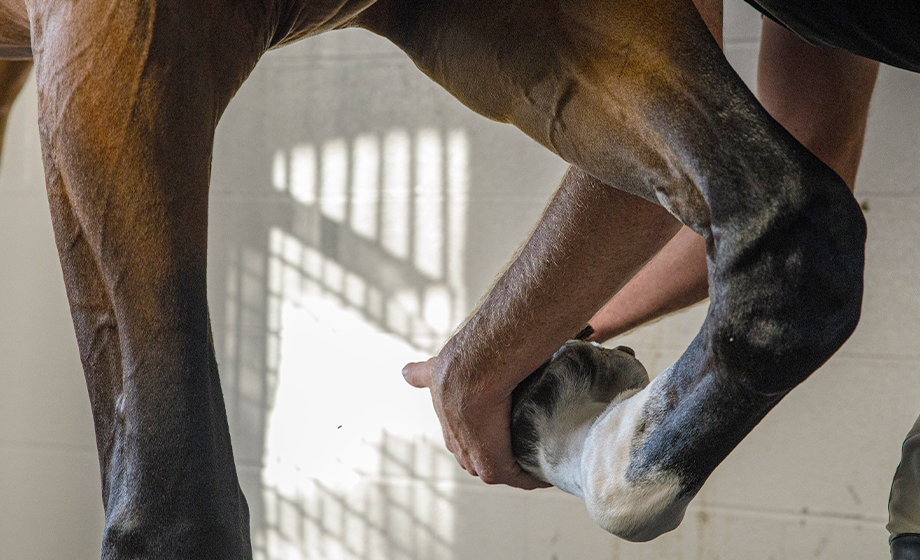
Endocrine
Endocrine diseases like pituitary pars intermedia dysfunction (PPID) and equine metabolic syndrome (EMS) can significantly affect your horse’s overall wellbeing. Catching these disorders early and managing them correctly can help keep your horse healthy, comfortable, and active.
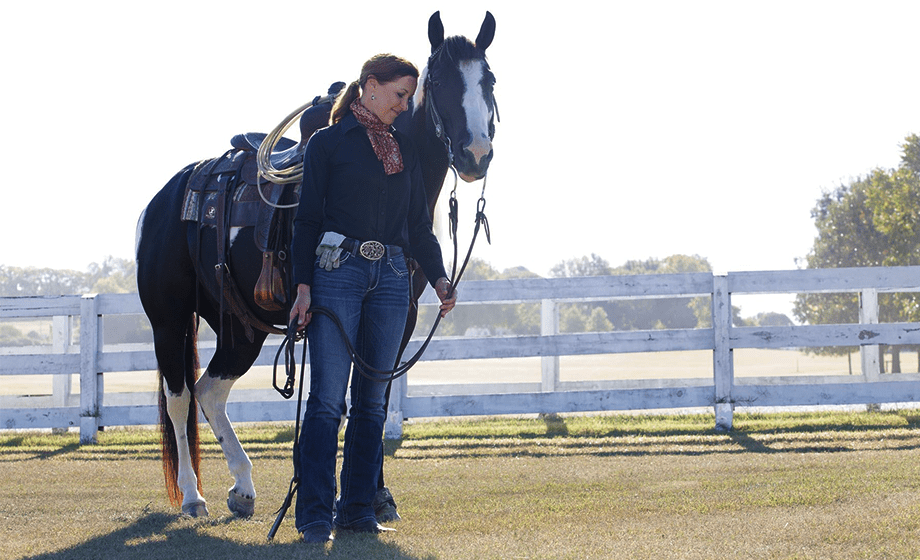
Other Concerns
Skin disorders, eye diseases, infectious diseases, and toxic plants are all things horse owners need to be aware of. Knowledge is power! Learn about these conditions and how to recognize or prevent them to keep your horse healthy.
